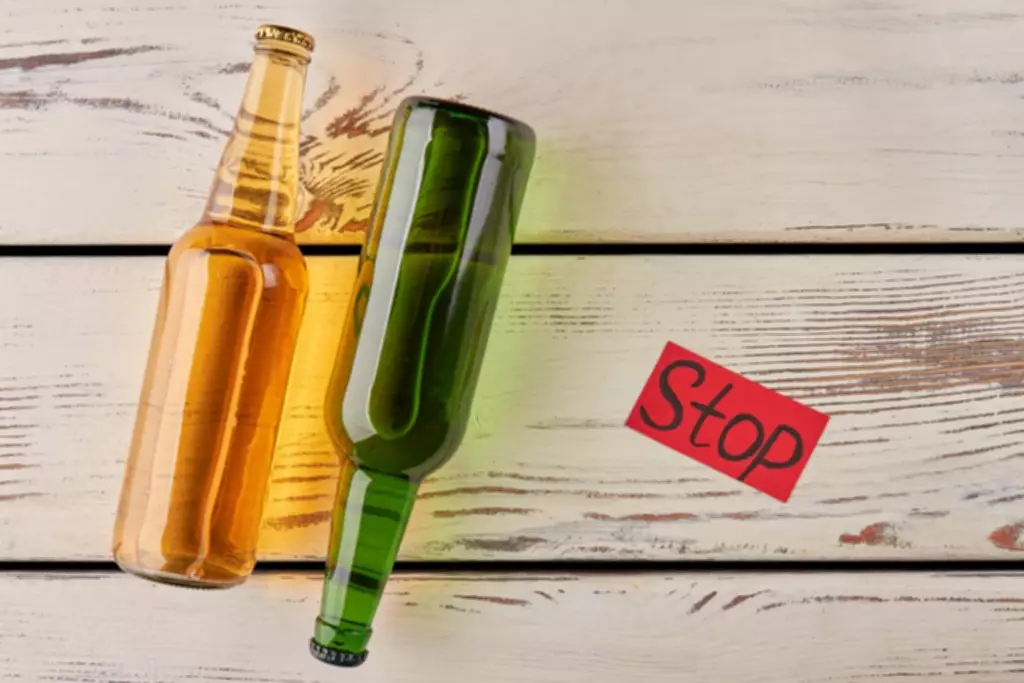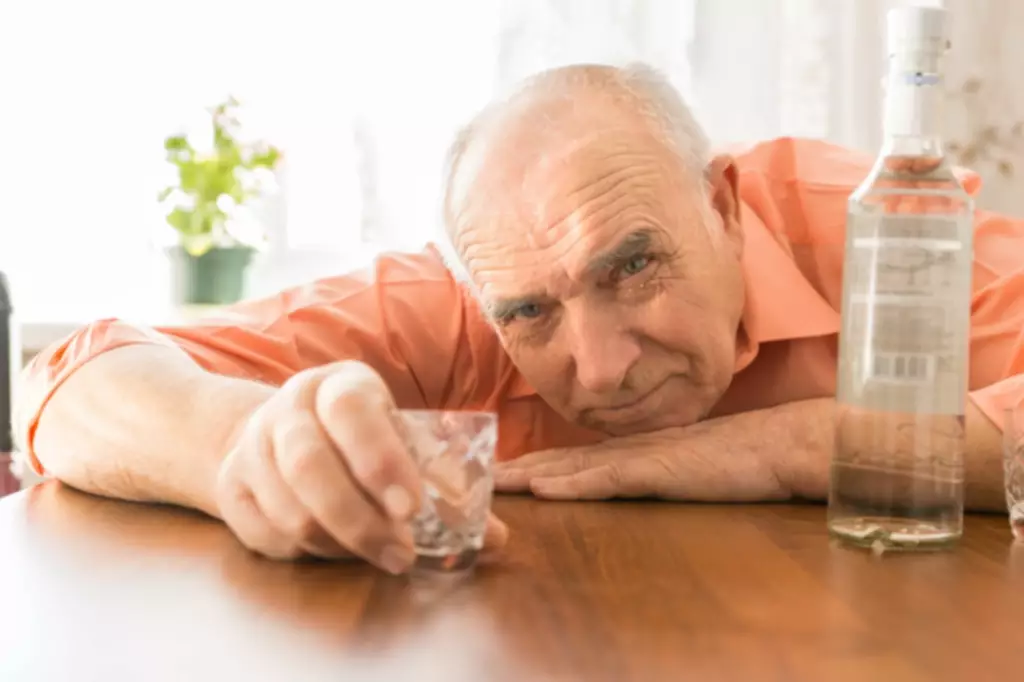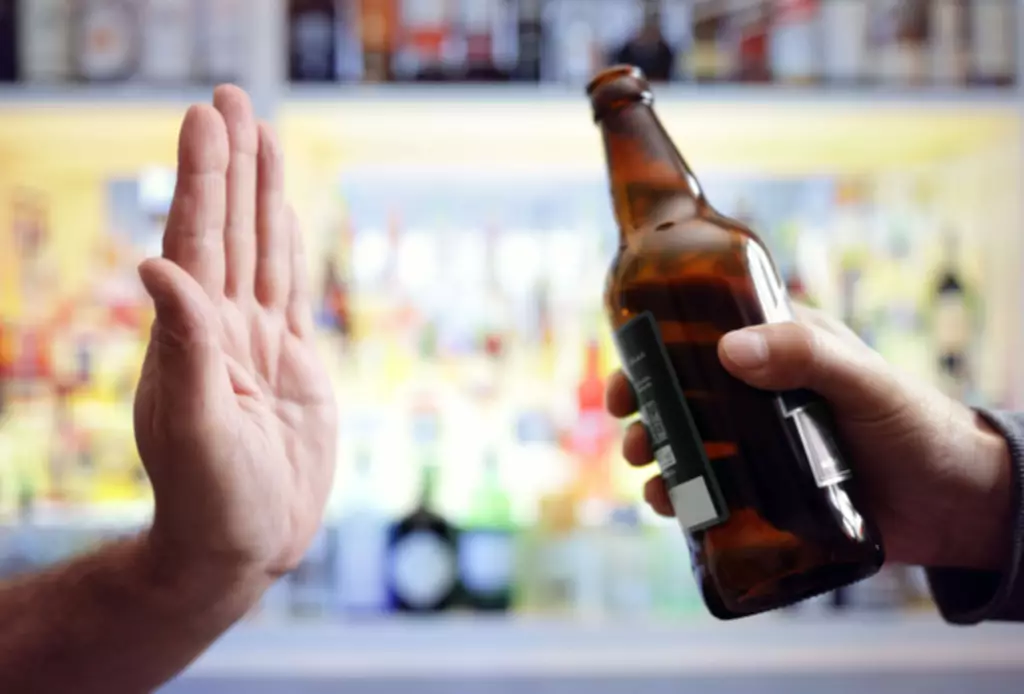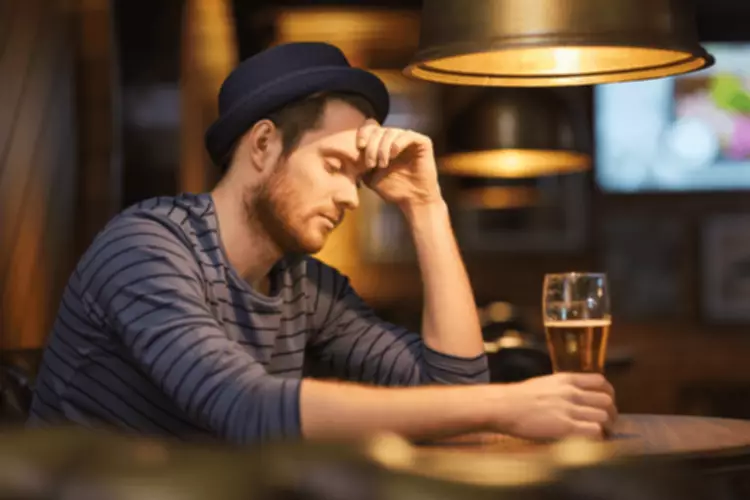Many people turn to a nightcap, Oxford House like a glass of wine or cocktail, as they wind down at the end of the day, often believing it might help them sleep better. However, the effects of alcohol on sleep are more complex and significantly less beneficial than you might think. Understanding how alcohol affects sleep can help you enhance your sleep quality and may potentially lead you to make different choices before bed. Another notable change during this phase is the reduction in sleep-related anxiety and insomnia symptoms. Many individuals who previously relied on alcohol to fall asleep find that they can now do so naturally, without the need for any sleep aids. This newfound ability to sleep without alcohol can be incredibly empowering and contribute to overall improvements in mental health and well-being.
Effects Of Alcohol At First: Sleepy
Try dimming the lights, turning off electronic devices, and relaxing by reading or taking a warm bath. But on the other hand, Serious Eats conducted some very in-depth analysis of the advice given, and reached a few interesting conclusions. One, if trying this tip, you should use the specific brand of dry yeast recommended, Fleischmann’s.
Drink Coffee
When a person has sleep apnea, they have interrupted breathing during the night. The condition is linked to fatigue as well as serious cardiovascular conditions like heart attack and stroke. The duration of these sleep stages can vary by person and by age. Throughout the night, your brain will cycle through all of the sleep stages multiple times to give you a good night’s rest. There are withdrawal symptoms, environmental temptations, and outright stress. If you put down the bottle for 30 days, but you slip up and have a drink on day 31, this doesn’t undo the 30 days before.
Factors influencing sleep improvement timeline
Still, it is common to experience some bumps along the way, and one of them is a feeling of fatigue in the immediate aftermath of quitting alcohol. If you have this condition–what some call “sobriety fatigue”–you’re not alone. Here at Aware Recovery Care, we understand how frustrating it can be to feel so tired in early recovery, and we’re here to give you the guidance you need. Keep reading to learn more about sobriety fatigue, as well as some helpful tips for how to manage it. Even moderate alcohol consumption can impact sleep quality, especially if you drink close to bedtime.
- The FHE Health team is committed to providing accurate information that adheres to the highest standards of writing.
- Some of these symptoms and side effects of quitting smoking can be serious, which is why medically supported detox is the recommended route for stopping a habit of heavy drinking.
- Have a little jog, do a few crunches or try other short exercises.
- There is a great deal of help for people who are alcohol-dependent and want to stop drinking.
- The dehydrating effect of alcohol affects your skin and your hair significantly.
Can’t Sleep Without Alcohol? Issues With Drinking To Fall Asleep
Sobriety fatigue is a challenging aspect of the recovery process, but it is a sign that the body and mind are healing. Understanding and managing sobriety fatigue is crucial for maintaining long-term sobriety. With the right support and strategies, individuals can navigate this period and emerge stronger on the other side. At Serenity Light Recovery, we are here to support you every step of the way, offering a compassionate and comprehensive approach to addiction treatment in Houston.
After a night of drinking, you may enter a deeper sleep than usual as soon as you fall asleep and spend less time in REM sleep. As the night wears on, you experience less deep sleep and more light sleep, leading to sleep disturbances and poor-quality sleep. Yes, sobriety fatigue can involve more than just physical tiredness. It often includes mental and emotional exhaustion, difficulty focusing, and feelings of being overwhelmed.
- This, in turn, can leave you feeling groggy and fatigued the following day, even if you manage to go back to sleep after urinating.
- Quality sleep is essential for physical recovery, cognitive function, emotional regulation, and immune system support.
- The occasional bad night’s sleep may be unpleasant, but is unlikely to have a lasting effect.
- Doing calming activities before bedtime, such as taking a bath or using relaxation techniques, might promote better sleep.
- At this point, all symptoms that are going to happen will be present and will be at their worst.
- First of all, beer is known to act as a depressant as the alcohol and hops in it have soporific nature that helps to improve GABA efficiency and make your brain feel numb and relaxed.
- Sleep apnea is a condition where breathing continuously stops and starts during sleep.
For those who have been drinking alcohol for how to stop alcohol making you sleepy an extended period, the body and mind have adapted to the presence of alcohol, making the process of quitting alcohol challenging. During the withdrawal period, the body undergoes a significant adjustment period as it learns to function without the substance it has become dependent on. The fatigue experienced when quitting alcohol can result from various factors. Physically, the body is detoxifying and healing from the damage caused by prolonged alcohol use.
The Recovery Village Atlanta offers comprehensive addiction treatment for drug and alcohol addictions and co-occurring mental health conditions. Alcohol can worsen depression and be an emotional crutch, making it difficult to experience true happiness outside of drinking. Stopping alcohol can make you feel happier by allowing you to experience positive emotions without alcohol. Quitting alcohol can help reduce the depression and anxiety that alcohol can bring and significantly improve your situation in life, increasing your overall happiness.




